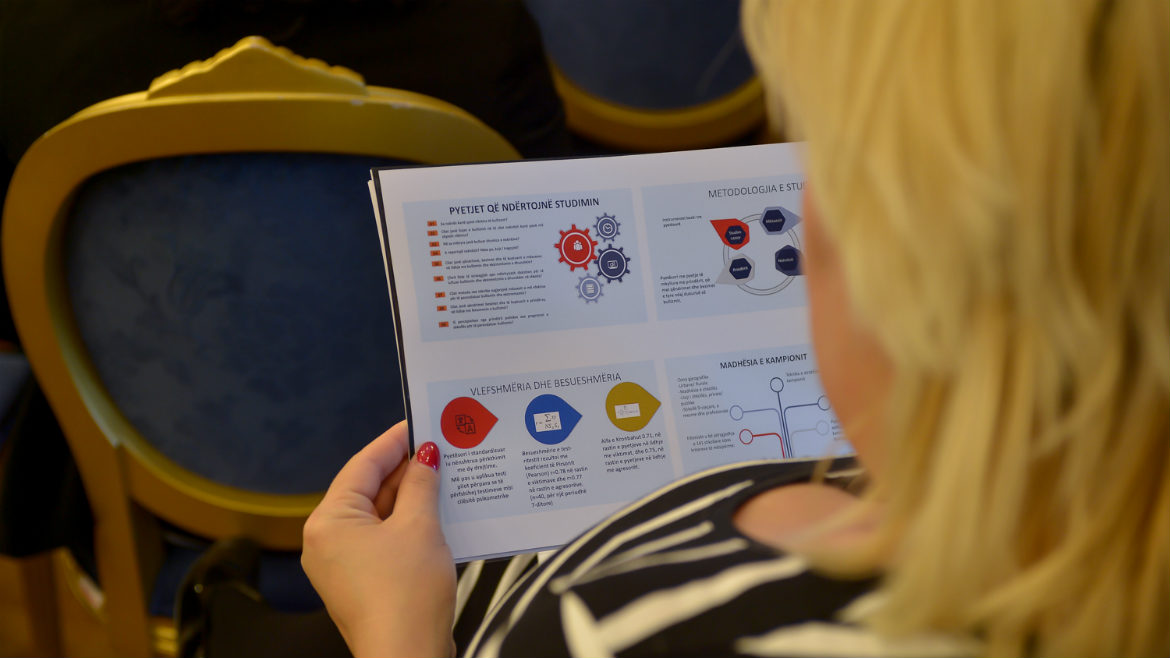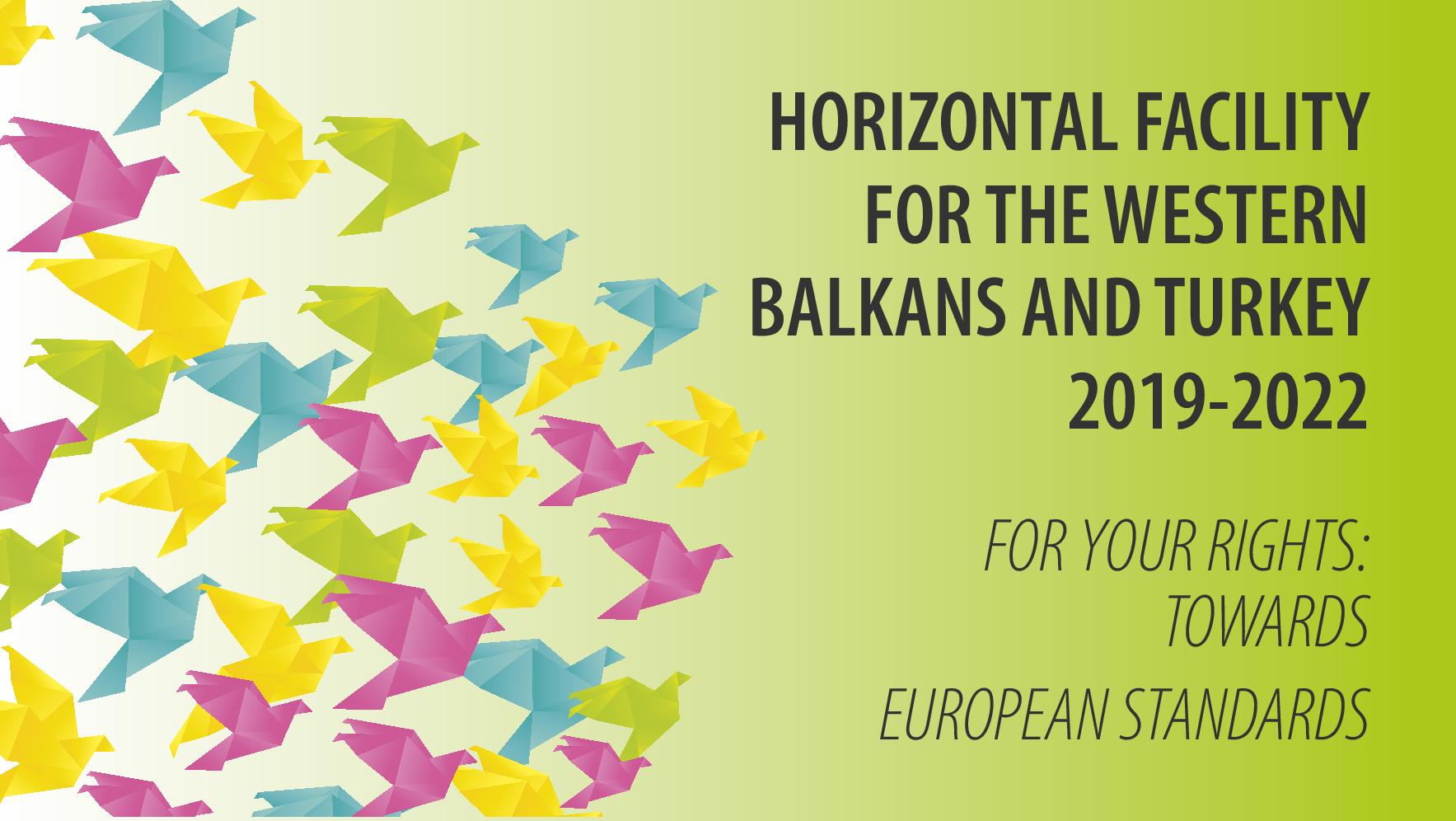The findings of the first national-wide survey on all levels of pre-university education aimed at defining the prevalence and characteristics of bullying in schools were presented at a conference which took place in Tirana last week. This survey was conducted in 141 schools in 12 regions in Albania in the frame of the joint EU/CoE action “Fighting bullying and extremism in the education system in Albania”.
According to the Council of Europe “National Survey on Bullying and Extremism in the Education System in Albania”:
- 20% of the Albanian students in all levels of pre-university education from 4-12 grades are involved in the phenomenon of bullying.
- 45% of the students claimed psychological, 37% verbal and 33% physical bullying as the most widespread forms of manifestation of this phenomenon.
- boys are more involved in the phenomenon of bullying in all categories as aggressors and girls as victims.
- bullying is more presented in the 11th and 5th grade and according to students the “hot spots”, where bullying happens, are the classroom (with the teacher out of the room), the playground and the hallways.
- 73% of the interviewed teachers claimed that physical appearance is the main motive of bullying.
- 77% of teachers ascertained that they did not get any training on such issues and a considerable part claimed uncertainty on dealing with such controversial cases.
- 87 % of teachers and parents suggested that the most effective way to address bullying would be an anti-bullying school policy and continuous training of the teachers and school staff to prevent and deal with these cases.
- according to teachers, 1 out of 5 students uses extremist or “hate” terms, while 1 out of 6 teachers uses these terms.
- 98% of teachers believe that the most effective strategies to prevent extremism in schools are discussions with students on the consequences of violent extremism, teaching students conflict resolution techniques including mediation and informing parents and teachers to recognise early signs of extremisation and radicalization.
This quantitative research was conducted in cooperation with the Faculty of Social Sciences in Albania and the Institute for Public Opinion Studies and in close partnership with the Ministry of Education and Sports based on the Olweus questionnaire as the main standardised instrument adapted to the Albanian context.
A sample of 6907 interviewers comprising 2377 students, 3560 teachers and 970 parents were interviewed in this national survey during January-March 2017.





